I feel that I have to speak up in defense of all the great pieces of old wooden furniture that are being snatched up by us furniture painters to be painted with chalk paint.
Some not so great things are happening to some fantastic furniture pieces!
When I look back at some of the very first pieces of furniture I painted with chalk paint, I see many, many mistakes that I made.
I’ve never excelled in artistic endeavors, and I’ve learned that producing quality makeovers when painting furniture requires some basic artistic skills.
With lots of errors and lots of practice, I have grown in those skills.
And I have been able to pinpoint a few things I believe are definite Do’s and Don’ts for painting furniture with chalk paint.
The popularity of chalk paint and paints like it, has given many the confidence to try painting furniture for themselves, which I think is wonderful!
BUT . . . there is a learning curve to producing pieces that are professional, attractive, and will be timeless in your decor.
So, whether it’s painting with chalk paint, painting with milk paint, or Fusion Mineral paint, the principles still apply.
Here is my short list of Do’s and Don’ts for painting furniture with chalk paint.
I’ve also included examples pulled from pieces I have found for sale on Craigslist around the country:
Pin This Resource Page!
DON’T use too many different colors OR colors contrasting too greatly . . .
Creating too much color contrast often gives the piece a childish style. Unless you already decorate with a colorful “50’s modern” style of decor, rarely do these bright, starkly contrasting pieces work.
DO use subtle contrasts and anchor it with wood . . .
The contrasting colors on this piece are still pretty stark, but the subtle distressing and solid wood top anchor the color scheme and add elegance. This helps the piece look classy instead of “kiddie”
DON’T over distress . . .
Unlike milk paint, chalk paint will not self-chip. It must be distressed with sanding paper.
Taking too much sanding paper to a piece results in a look that is unnatural and unprofessional.
DO lightly sand edges to create texture and visual depth…
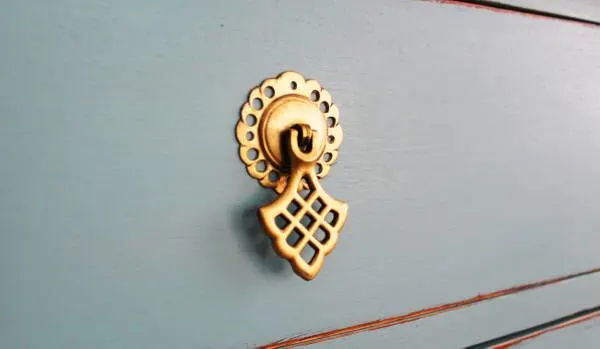
Adding some slight distressing in appropriate places brings out depth and character to a piece.
If you’re wanting a super chippy, primitive look, consider using milk paint instead of chalk paint (read more about the difference in those here).
The chippy / distressed look will come across much more natural.
DON’T get overzealous with hand-painting …
While I admire the artistic talents of the individuals who painted these pieces, I can’t say their skills are best used on furniture.
These pieces will inevitably be painted over before you can say “animal print.”
I think it’s best to save the intricate designs for wall art that you can more easily change out over time.
DO try subtle hand-painting designs to add visual interest . . .
Much better, don’t you agree?
Subtle hand-painting on a furniture piece appeals to a much broader audience and will last longer in your decorative space.
DON’T disregard the original era and style of the piece . . .
A sleek mid-century modern sideboard just doesn’t look right painted in a primitive, heavily distressed style.
DO understand the style of the piece and use paint to enhance that style . . .
A piece from a glam, sleek era looks much more appropriate with a glam, sleek color scheme.
And lastly, DON’T substitute paint for wood stain . . .
This may be a personal preference, but I see so many tables painted in dark brown or black on top rather than refinished with wood stain.
Call me a purist, but to me it looks unprofessional.
If you want to create a stained wood top on a table or dresser, it is more professional (and longer lasting) to actually refinish and stain the wood instead of using dark paint.
DO learn how to strip, sand, and re-stain to create beautiful wood finishes . . .
Sanding and refinishing bare wood may sound intimidating, but it really isn’t! I’ve actually written two-post tutorial to show you just how simple it can be.
Try it out on some extra wood you have, and I think you will find yourself getting hooked.
I’m not always 100% satisfied with each and every piece I’ve made over. But the more pieces I do, the more I learn what works and what doesn’t in the world of painted furniture.
Well, I hope this has given you some tracks to run on if you are thinking about trying your own project.
The good thing is, it’s just paint!! And if a piece doesn’t turn out right, you can always start over 🙂
And if any of the “Don’t” examples were pieces you happen to be selling on CL, please don’t hate me!
This post was meant to be helpful and not condescending in any way. I realize everybody has their own taste and style, so enjoy creating pieces that fit your unique vision but that also have a broad and timeless appeal.
Update – I now use Fusion Mineral Paint in place of chalk paint (all brands). I have found Fusion to be more affordable to to produce more durable results, all without the need to finish with wax. My suggestions in this post for using chalk paint still hold true and apply also to using Fusion or any other paint to paint furniture.
If you’re interested, can read my step-by-step Chalk Paint vs Fusion Paint here.
Wanna learn more about the basics of painting furniture? Check out these posts!
How to Prep Extra Dirty Piece for Chalk Paint
What to Look For When buyBuying Old Furniture to Paint
How to Use Glaze or Dark Wax to Antique Your Painted Furniture
And, if you’re ready to get your paint brush dirty, I’d love to get you started.
You can check out all of Fusion’s colors and product by clicking right below.
Happy Painting!
PS – If you think your furniture painting friends would find this helpful, I’d be honored if you’d share the love where ever you typically share things (Facebook, Pinterest, Email).

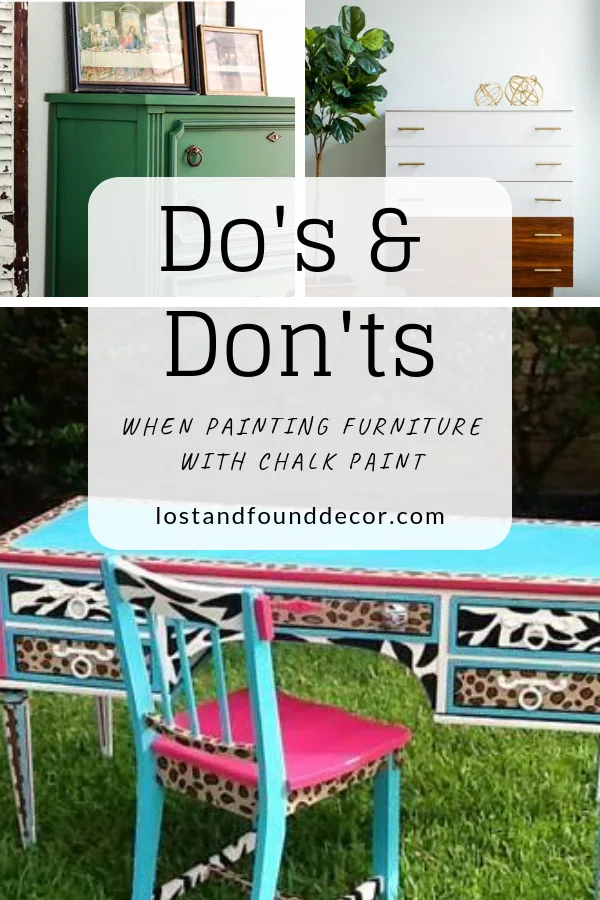
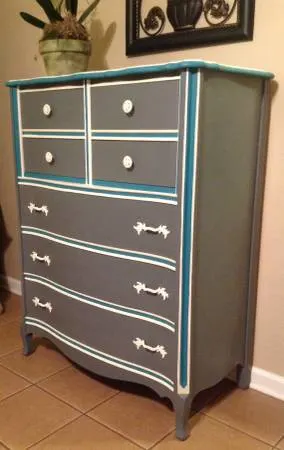
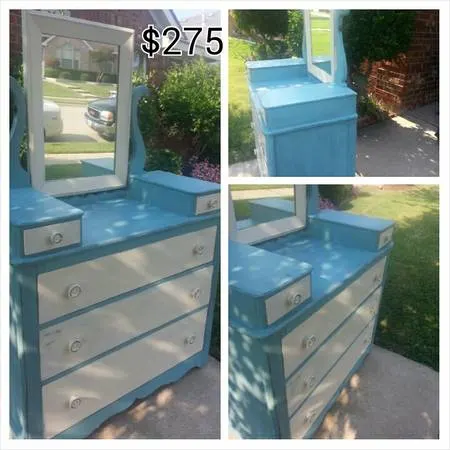
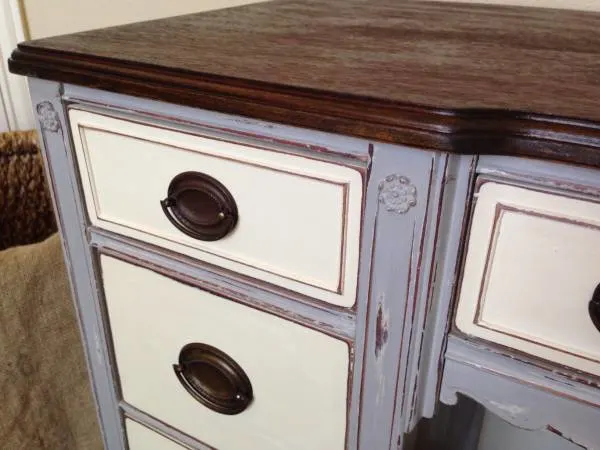
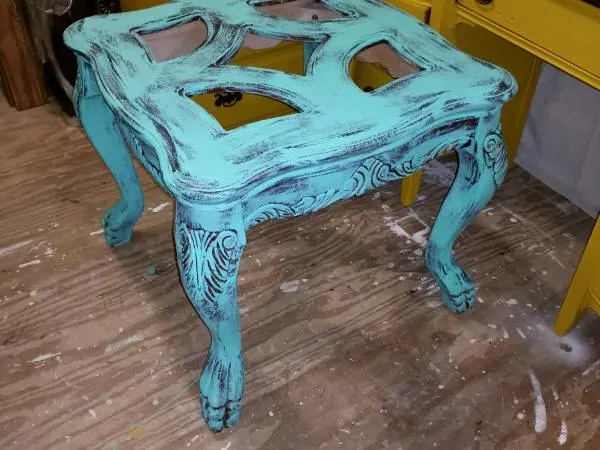
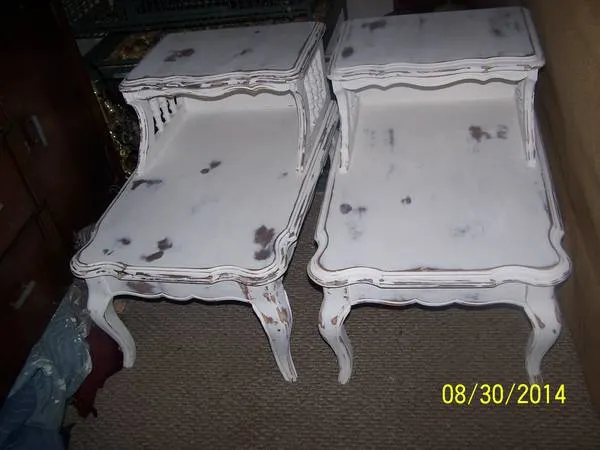
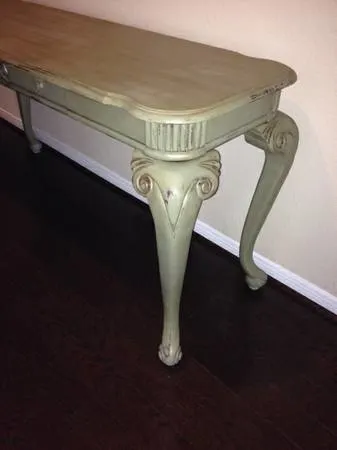
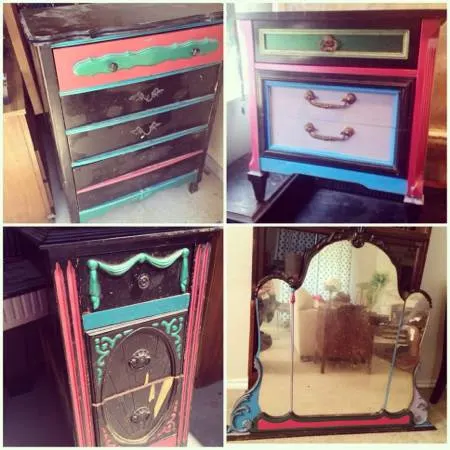
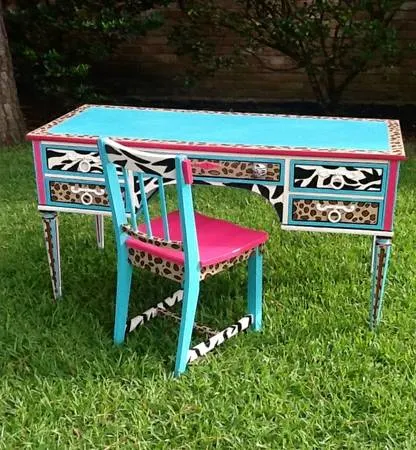
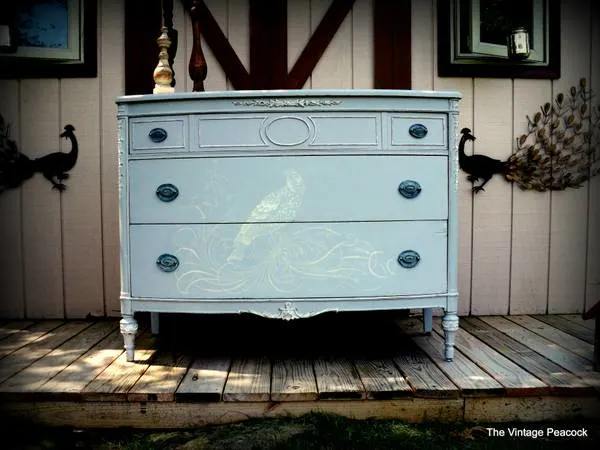
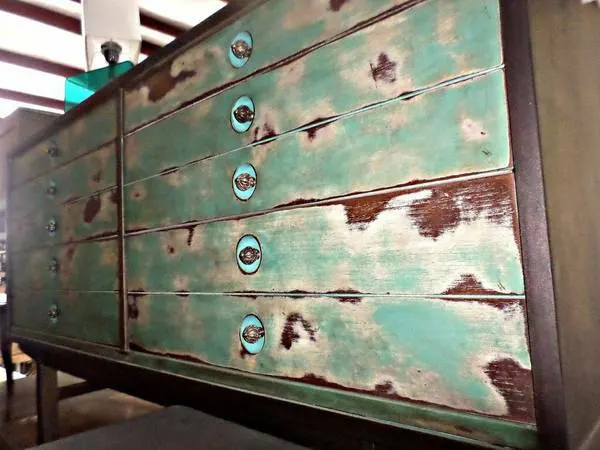
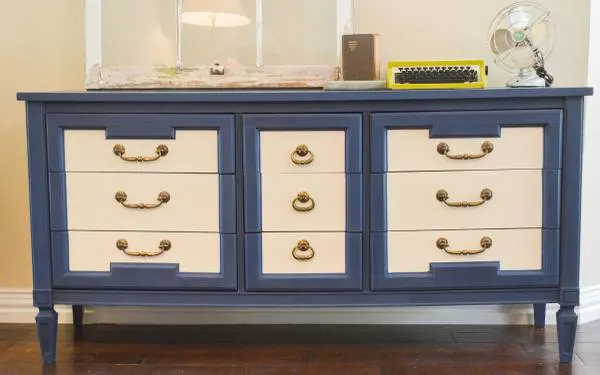
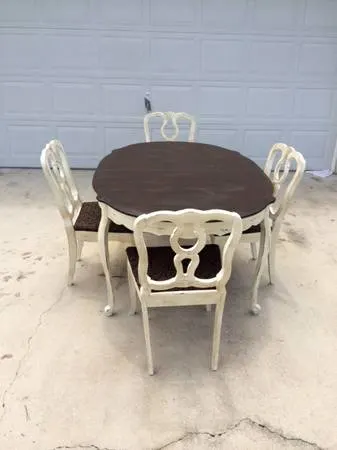
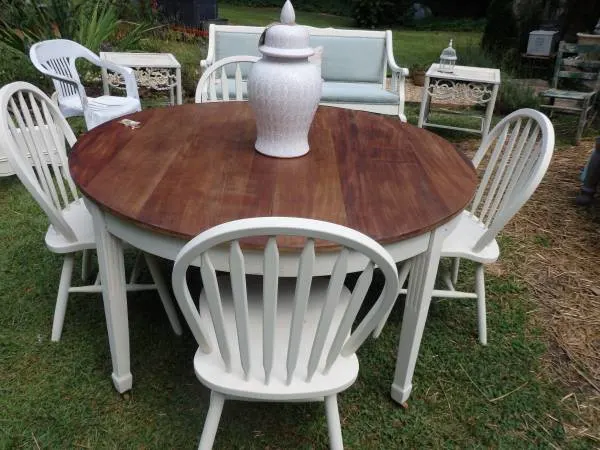
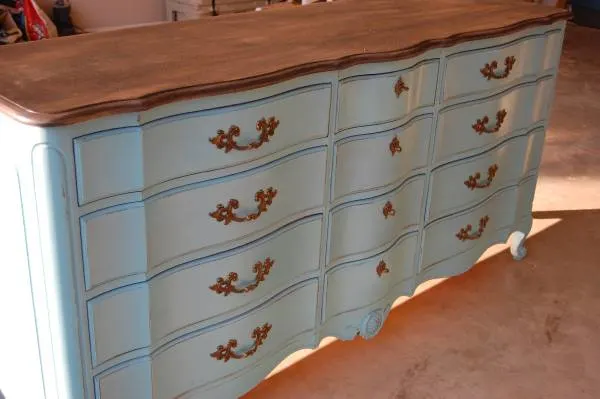


Mary Hofstra
Wednesday 25th of September 2024
I may have loved reading this much more had it not been for all the ADS that kept popping up when I was TRYING to read it!! At one point the entire article was COVERED COMPLETELY WITH ADS!! There’s got to be a better way for advertisers to advertise then to blast them all over the pages we’re trying to read. But I did agree with what you said about chalk painting!! I can’t say that I learned anything new because I already felt the same way about the technique! But I’m sure others will find it very useful!!
Melanie Alexander
Thursday 3rd of October 2024
Hi Mary! Thanks for taking the time to stop by and for your comment :) I am sorry to hear you struggled with our ads. The amount of ads on our site is set at the industry standard, and that's actually what keeps all this content 100% free for every reader. If we did not have ads, we would have to charge a monthly subscription fee to pay for the time it takes to write articles, produce projects, photograph them, and the cost of just maintaining the website. The ads seem like a better way to cover those costs and keep our articles free to everyone :)
Revive Old Furniture With Chalk Paint Techniques – ABC Home Ltd
Thursday 30th of May 2024
[…] Do apply thin, even coats of chalk paint […]
Michael
Monday 15th of May 2023
What paint for a kitchen table top thanks
Melanie Alexander
Wednesday 17th of May 2023
I would use a paint formulated for furniture--like a chalk paint or Fusion Mineral Paint. And also be sure to apply a hard topcoat over your paint, like a polyacrylic.
Peggy Murphy
Thursday 8th of December 2016
Hi Melanie, I would like to paint an old (1980) style round oak table for my daughter. Someone told me about Oorter BreakThrough paint which requires no prep work. Do you know about it or have you used it? Thank you, Peggy
Regina Williams
Thursday 15th of September 2016
Thank you Melanie for the helpful tips!!! I have been searching the net for days for simple instructions that you spelled out!!! You came up with no nonsense approach to How To's that will make my DIY's more simple and hopefully more eye approved!!